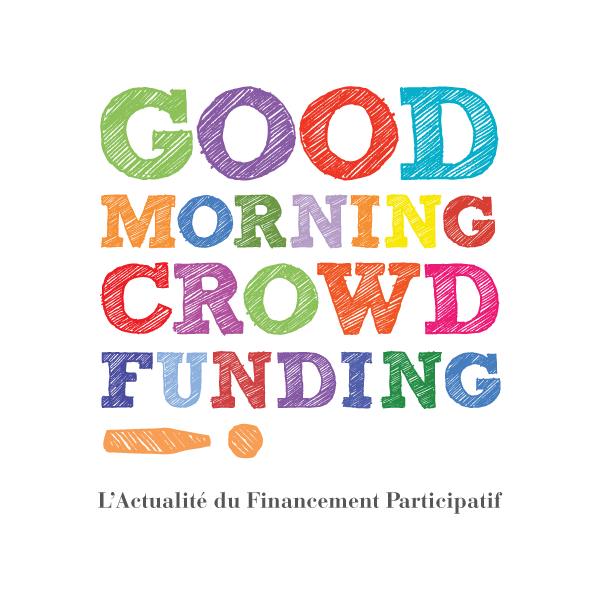Revue de Web | GMCF | jeu. 27 Juin
How to raise money by crowdfunding: Roseman
Small businesses can be shut out of bank funding, says the founder of a website hoping to democratize finance.

SUPPLIED PHOTO
Danae Ringelmann launched Indiegogo in 2008, a crowd source fundraising company.
Danae Ringelmann knows how hard it is to raise money for small business. Her parents owned a company that moved office furniture, but couldn’t get funding to retrofit trucks or train staff.
“They were locked out of the financial system,” she says. “I grew up with an awareness of how unfair it was.”
Ringelmann, 35, went to work for a Wall St. investment bank. But she ran into more roadblocks when volunteering to raise money for filmmakers and theatre producers.
She quit finance and returned to business school at University of California, hoping to start a company that would democratize finance. With students Slava Rubin and Eric Schell, she launched Indiegogo in 2008.
Indiegogo is an online platform that allows entrepreneurs, artists and supporters of good causes to reach a worldwide audience. Funders are offered perks, such as product samples, in return for their contributions.
“We have 7,000 live campaigns on our site at any time,” says Ringelmann, “and we’ve had over 100,000 campaigns altogether.”
Indiegogo lets campaigners accept credit card payments and receive funds in Canadian dollars. It’s more accessible than Kickstarter, a U.S.-based website that bars entry to most Canadian campaigns.
Gawker, an online gossip magazine, used Indiegogo to buy an alleged video of Toronto Mayor Rob Ford smoking crack. The $185,000 raised (after fees) will go to a deserving charity, since the video has disappeared.
Building on the Ford campaign success, the site’s co-founder is in Toronto to speak at an invitation-only event on June 26, followed by one in Montreal on July 11.
Ringelmann tells me she believes in openness. Anyone should be allowed to raise money for any purpose at Indiegogo.
“There’s no application process. We don’t pick what’s on our site. If we did, we’d be just another gatekeeper,” she says.
“We don’t judge the quality of your idea. We let the crowds decide that. We empower people to control their own destiny. Everyone has an equal shot.”
I also spoke to three Toronto entrepreneurs, who had surpassed their goals with their Indiegogo campaigns.
Adam Brandeis, 31, and Drew Cox, 30, raised $471,000 in 35 days to develop an affordable 3D scanner. This was the biggest Canadian campaign to date and went far beyond their $81,000 objective.
To find success, they asked friends to spread the word on social media and promised units to supporters. They used the excitement about 3D printers to promote an easy-to-use scanner that would sell for $599.
Marc Nicholas was asking for $22,000 to develop small wireless sensors for smartphones and tablets to monitor a home’s temperature, moisture and security. But he’s already reached $67,210, with 16 days left to go.
“I literally spend hours every day working on my campaign. Until you get to 20 to 30 per cent of your target, you have to use your network. Thinking that people will find you is the worst possible thing you can do,” he says.
For entrepreneurs, crowdfunding lets them test ideas and change them as they go along. They can see if early adopters like a product before investing too much of their own money.
“It’s a way to mitigate risk,” Nicholas says about crowdfunding. “I wanted to raise $22,000 for a first product run, rather than spend $100,000 and find there were no buyers.”
Jo-Anne McArthur, an animal advocate, helped her publisher Lantern Books raise money for a high-quality illustrated volume, based on her 10-year-long photo project called We Animals.
“It’s been amazing,” she says. “Our goal was $32,500 and we reached that in 11 days. In our final countdown, we are over $50,000.”
The campaign, which ends June 26, took off with the release of a documentary film by Liz Marshall, The Ghosts in Our Machine. It featured McArthur’s work on animals and was shown in a few Toronto theatres.
“I knew there was an audience and a demand,” says the author. “I was lucky with the timing and having a fan base. What was crucial was doing updates and thanking people personally. I had almost 700 funders.”
In the United States, crowdfunding has been approved for equity investors, but the rules have yet to be written. It’s not allowed in Canada.
Indiegogo recently won $15 million in venture capital. After helping others raise money since 2008, it showed it could do the same for its own business.
Ellen Roseman writes about personal finance and consumer issues. You can reach her at eroseman@thestar.ca or www.ellenroseman.com
Read the article : http://www.thestar.com/business/personal_finance/2013/06/25/how_to_raise_money_by_crowdfunding_roseman.html

![[Conseil de la semaine] #9 : Plateformes françaises ou américaines ?](https://www.goodmorningcrowdfunding.com/wp-content/uploads/2014/02/Conseil-de-la-semaine9-150x150.png)


